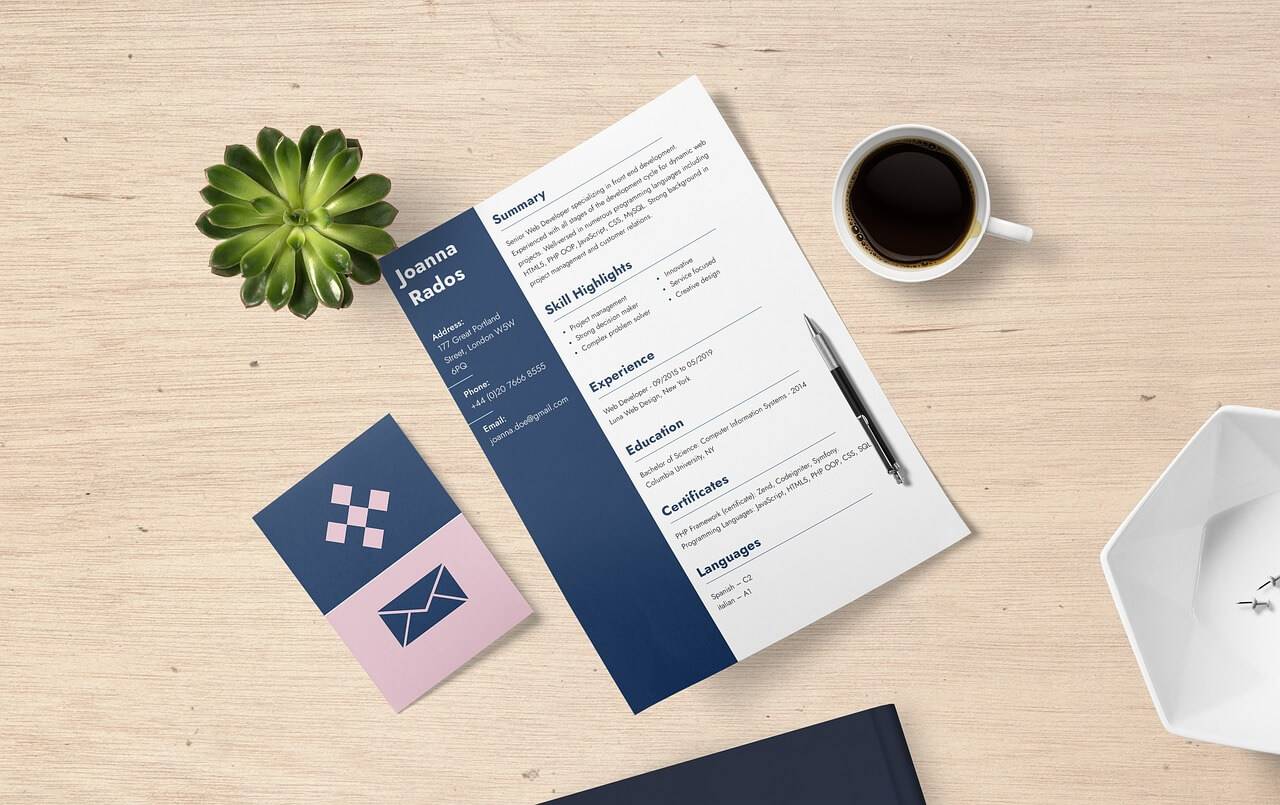In the bustling UK job market, where competition is fierce and opportunities are vast, having a well-crafted CV can be the difference between landing your dream job and being overlooked. A CV isn’t just a list of your past jobs—it’s your personal marketing tool that introduces you to potential employers. In this guide, we’ll walk you through common mistakes, highlight what to include in your CV, and offer tips for writing a CV even if you have no experience.

Understanding the Purpose of a CV
Your CV serves as your first impression for employers and holds more weight than you might think. It’s not just about listing your skills; it’s about painting a picture of who you are, professionally speaking. In the UK, a CV differs from a resume by providing a more comprehensive overview of your career history, including key skills for CV that are relevant to the role. Tailoring your CV to each position is crucial, ensuring it speaks directly to the employer’s needs and expectations.
When creating your CV, remember that it’s your opportunity to make a lasting impression. Employers often spend less than a minute reviewing each CV, so clarity and relevance are key. Tailoring your CV for each specific job application not only demonstrates your genuine interest in the position but also increases your chances of standing out in a crowded job market.
Structuring Your CV: Key Sections to Include
An effectively structured CV is one that highlights your strengths and makes it easy for employers to see why you’re the right fit for the job. Start with your contact information, ensuring that all details are accurate and professional. A compelling personal profile should follow, offering a concise yet powerful summary of who you are and what you’re looking to achieve.
When detailing your education, don’t just list your degrees. Highlight any academic achievements, such as first-class honours, that set you apart. In your work experience section, focus on how to showcase your skills and contributions, even if you lack formal experience. For those writing a CV with no experience, consider including volunteer work or internships that demonstrate your capabilities.
Crafting a Compelling Personal Statement
Your personal statement is a critical component of your CV that can set you apart from other candidates. This section should clearly outline your career goals and highlight the unique skills you bring to the table. Tailor your personal profile to align with the job you’re applying for, ensuring it resonates with the hiring manager.
Consider online learning options in this section to show your commitment to continuous development. By demonstrating your willingness to learn and adapt, you position yourself as a proactive candidate eager to grow within the company.
Highlighting Skills: What Employers Look For

Employers are keenly interested in the skills you bring to their team. Therefore, it’s essential to write skills in your CV that match the job requirements and demonstrate your suitability for the role. Tailoring these skills for specific roles shows that you’ve done your homework and understand what’s expected.
For those with limited work experience, highlighting transferable skills becomes even more important. Examples of transferable skills include communication, problem-solving, and adaptability. Including relevant certifications, such as language proficiency, can also bolster your CV and attract employers’ attention.
Tailoring Your CV for Specific Roles
Adapting your CV to suit different job industries is a strategy that can significantly increase your chances of success. Whether you’re writing a CV for various career paths or considering a career change, showcasing transferable skills is crucial. If you’re a student, learning how to write a student CV or your first CV at 16 will position you well for future opportunities.
For those considering a career in manufacturing, tailor your CV to reflect the skills and experiences relevant to this industry. Linking to career opportunities in manufacturing can provide additional insights and inspiration for those exploring new paths.
Formatting Tips for a Professional CV
The formatting of your CV can make a big difference in how it’s perceived by employers. Use clear headings and bullet points to ensure maximum readability and impact. This approach not only helps your CV stand out but also makes it easier for employers to quickly identify your strengths and experiences.
Consider using online tools to create a CV template that’s both functional and visually appealing. A well-designed CV is more likely to catch the eye of hiring managers, giving you an edge over other applicants.
Common Pitfalls to Avoid

Avoid clichés and focus on quantifiable achievements that demonstrate your contributions and successes. Additionally, using keywords from job descriptions can help your CV pass through applicant tracking systems, increasing your chances of reaching human eyes.
Ensure your CV isn’t too generic. Tailoring it to each job application is essential for making a strong impression. If you’re seeking remote work, networking and remote work strategies are crucial components to consider.
Crafting the Ideal Email to Send Your CV
Sending your CV via email is often the first point of contact with potential employers. Make sure your email is professional and concise, clearly stating the position you’re applying for and attaching your CV with a relevant subject line. Briefly introduce yourself and mention how you found out about the job.
Including a personal touch or mentioning a connection to the company can help your email stand out. This careful approach increases your chances of getting a positive response and securing an interview.
Conclusion
Writing a CV that gets noticed requires careful attention to detail and a strategic approach. By following the guidelines outlined in this post, you’ll be well on your way to creating a CV that stands out in the competitive UK job market.
For those looking to further improve their CV and job search efforts, consider exploring resources such as international internships. These opportunities can expand your global outlook and open doors to new career paths. Remember, continuous improvement and networking are key to success in any job search.
By incorporating these strategies into your CV writing process, you’ll be better prepared to capture the attention of employers and take the next step in your career.
This post complies with my Disclosure Policy
Found this useful wondering how you can show me your appreciation? Well, there are some ways you can say thanks and support my website: ➡
